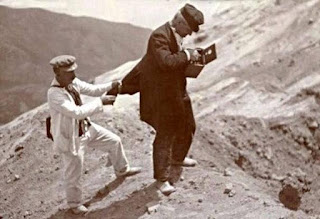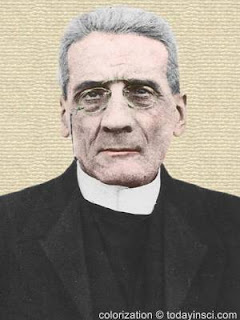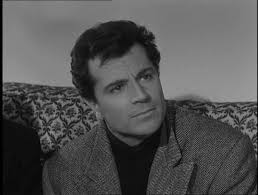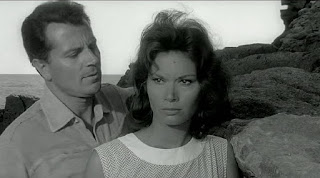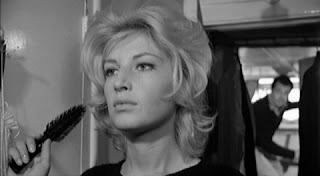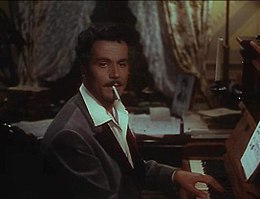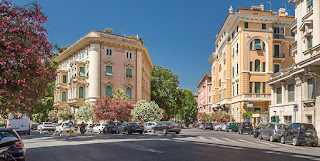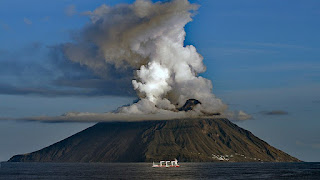Mario Monti – prime minister
‘Super Mario’ stepped in during debt crisis
Economist Mario Monti, who was prime minister of Italy from 2011 to 2013, was born on this day in 1943 in Varese in Lombardy. Monti was invited by Italian president Giorgio Napolitano to form a new government after the resignation of Silvio Berlusconi in November 2011 in the middle of the European debt crisis. Monti, who was the 54th prime minister of Italy, led a government of unelected technocrats, who introduced austerity measures in Italy. He had been a European Commissioner from 1994 to 1999, where he obtained the nickname ‘Super Mario’ from his colleagues and the Press. As part of his government’s plan to tackle worsening economic conditions in Italy, Monti worked without a salary. He resigned as prime minister after the 2012 Budget was passed, as he had always pledged he would do. Read more…
________________________________________________________________
Giuseppe Mercalli - seismologist
Scientist who invented Mercalli scale died in fire
The seismologist and volcanologist Giuseppe Mercalli, who at the time of his death was director of the Vesuvius Observatory, died in a fire at his home in Naples on this day in 1914. The initial suspicion was that Mercalli, best known for devising a scale - still used today - for determining the strength of earthquakes according to the intensity of shaking, had knocked over a paraffin lamp accidentally after falling asleep while working late. However, an examination of his remains suggested by may have been strangled after disturbing an intruder, who then soaked his clothes in petrol before setting light to them. A sum of money worth the equivalent of $1,400 (€1,250) today was missing, although no one was ever apprehended for the crime. Born in Milan, Mercalli was ordained a Roman Catholic priest. Read more...
___________________________________________________________________
Benito Jacovitti - cartoonist
Multiple comic characters loved by generations
Benito Jacovitti, who would become Italy's most famous cartoonist, was born on this day in 1923 in the Adriatic coastal town of Termoli. Jacovitti drew for a number of satirical magazines and several newspapers but also produced much work aimed at children and young adults. His characters became the constant companions of generations of schoolchildren for more than 30 years via the pages of Diario Vitt, the school diary produced by the publishers of the Catholic comic magazine Il Vittorioso, which had a huge readership among teenagers and young adults. He gave life to such characters as "the three Ps" - Pippo, Pertica and Pallo - as well as Chicchiriccì and Jack Mandolino via their cartoon adventures in Il Vittorioso, introduced Zorry Kid, a parody of Zorro, and the cowboy Cocco Bill. Read more...
___________________________________________________________________
Francesco Gasparini – musician and writer
Opera composer who gave Vivaldi a job
Francesco Gasparini, one of the great Baroque composers, was born on this day in 1661 in Camaiore near Lucca in Tuscany. Gasparini also worked as a music teacher and was musical director of the Ospedale della Pietà in Venice for about 15 years, where he made the inspired decision to employ a 25-year-old Antonio Vivaldi as a violin master. By the age of 17, Gasparini was a member of the Philharmonic Academy of Bologna. He moved to Rome, where he studied under the musicians Arcangelo Corelli and Bernardo Pasquini. After arriving in Venice in 1702, he became one of the leading composers in the city. Appointed in 1703, Vivaldi composed most of his major works while working at the Ospedale della Pietà, an orphanage where young girls were given a musical education. Read more...
Home



